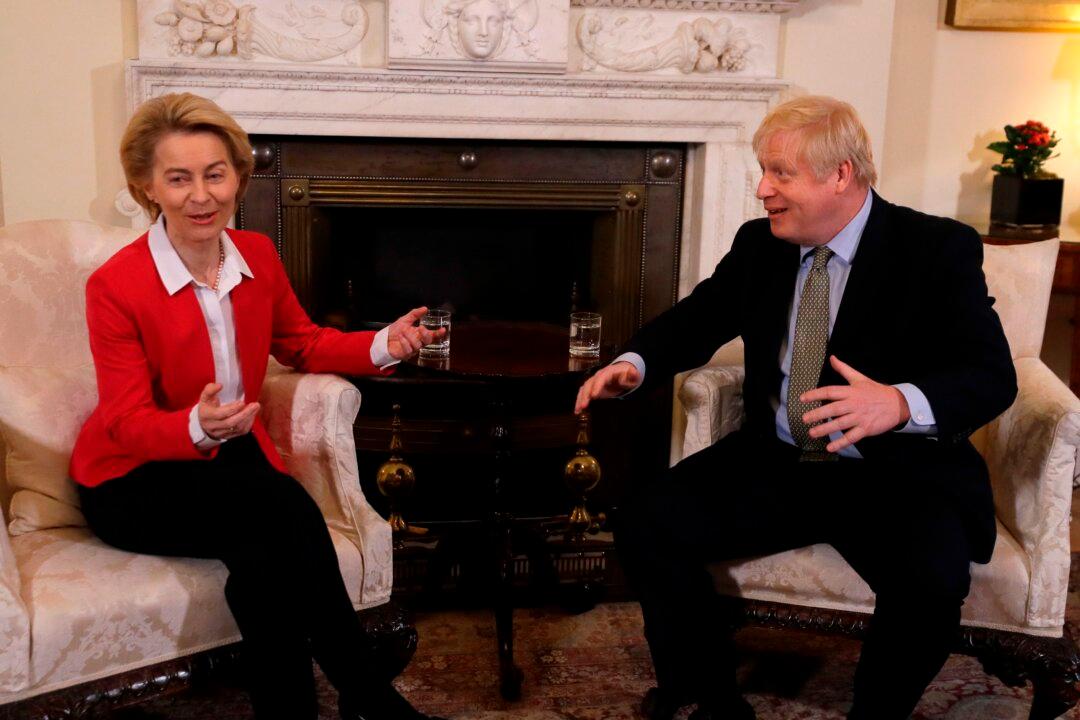The British government said on Tuesday it will drop its plan to breach the Brexit Withdrawal Agreement, after it reached agreement with the European Union about the thorny issue of Northern Ireland.
Prime Minister Boris Johnson’s government said in September its Internal Market Bill would override parts of the withdrawal agreement in order to protect free trade between mainland Britain and Northern Ireland.





